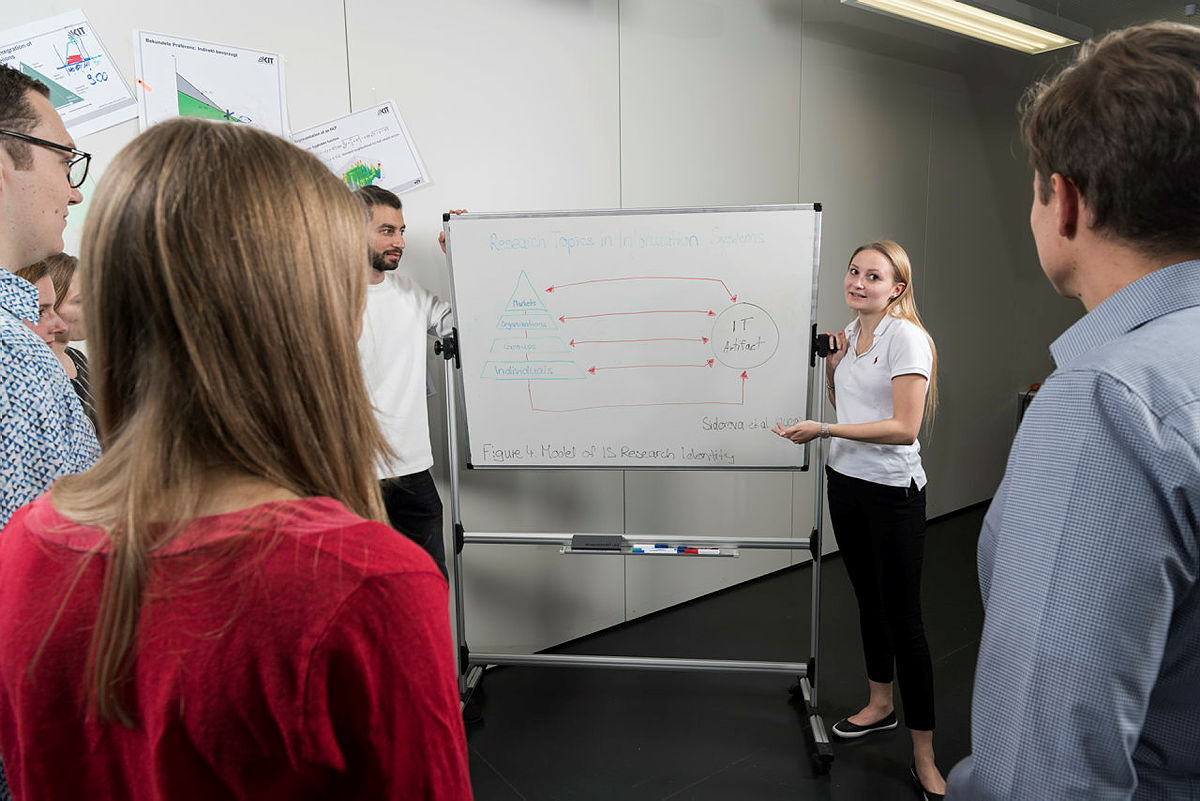Assuming that there will be efficient quantum computers in the "near" future, we want to investigate whether we can already make current protocols secure against quantum algorithms. The research area of post-quantum cryptography searches for secure cryptographic methods under the assumption that in the future a quantum computer can break the current methods. The danger of quantum algorithms is already real, as data can be stored and only later their encryption can be broken and thus the data can be read. This research area is not only about the secure use of these methods, but also about the transition in protocols from current cryptography to post-quantum cryptography. How do we construct cryptoagile quantum-resistant protocols?
In 2016, NIST (National Institute of Technology) declared a standardization process for post-quantum procedures. Supposed quantum-resistant algorithms are assumed to be based on lattice-, code-, and isogeny-based assumptions (and some more). The research area of post-quantum cryptography deals with the analysis of these primitives, exploration of further quantum-resistant methods and their use in theory and practice.
In the area of post-quantum cryptography, the first step is to build up a basic understanding of some underlying mathematical methods such as lattice cryptography.
Following this, we look at how far we can protect previously researched protocols against possible attackers with quantum computers. Here we replace individual primitives with primitives based on lattice-based assumptions, which are possibly quantum-resistant.
Another step also deals with cryptoagility within post-quantum protocols. Here there are different approaches and views on how the transition from the current -- called classical -- to the quantum-resistant -- called post-quantum -- cryptography can work in theory and practice without loss of security.

We offer a seminar "Post-Quantum Cryptography" every winter semester. In the research-oriented seminar, topics are selected from the standardization process for post-quantum cryptography of NIST. The algorithms are based on different mathematical, supposedly quantum-resistant methods: Lattices, Codes, Isogenies and some more. No prior knowledge is required for the seminar, but we expect a high level of self-motivation. In a series of introductory lectures all participants will be brought up to a basic level before selected topics will be worked on and presented by the students.
In addition, we offer post-quantum cryptography as a topic for student theses or for the module Practice of Research.
-- Just contact us!
